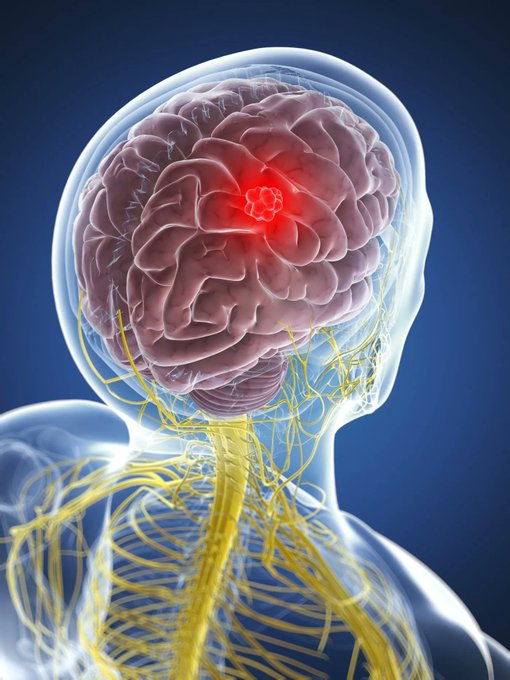Novel artificial intelligence methods have revealed unexpected microscopic abnormalities that can predict cognitive impairment, according to a study led by researchers at Mount Sinai. These findings were published in the journal Acta Neuropathologica Communications this week.
“AI represents an entirely new paradigm for studying dementia and will have a transformative effect on research into complex brain diseases, especially Alzheimer’s disease,” said co-corresponding author John Crary, MD, PhD, Professor of Pathology, Molecular and Cell-Based Medicine, Neuroscience, and Artificial Intelligence and Human Health, at the Icahn School of Medicine at Mount Sinai.
He added that, “The deep learning approach was applied to the prediction of cognitive impairment, a challenging problem for which no current human-performed histopathologic diagnostic tool exists.”
The Mount Sinai team identified and analyzed the underlying architecture and cellular features of two regions in the brain, the medial temporal lobe and frontal cortex. In an effort to improve the standard of postmortem brain assessment to identify signs of diseases, the researchers used a weakly supervised deep learning algorithm to examine slide images of human brain autopsy tissues from a group of more than 700 elderly donors to predict the presence or absence of cognitive impairment.
Mots-clés : cybersécurité, sécurité informatique, protection des données, menaces cybernétiques, veille cyber, analyse de vulnérabilités, sécurité des réseaux, cyberattaques, conformité RGPD, NIS2, DORA, PCIDSS, DEVSECOPS, eSANTE, intelligence artificielle, IA en cybersécurité, apprentissage automatique, deep learning, algorithmes de sécurité, détection des anomalies, systèmes intelligents, automatisation de la sécurité, IA pour la prévention des cyberattaques.






